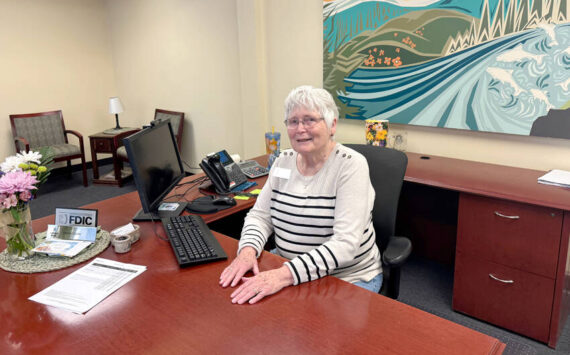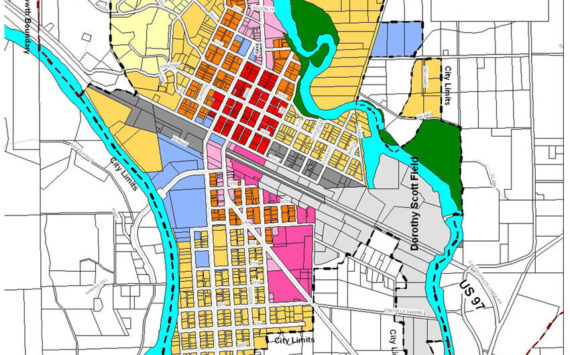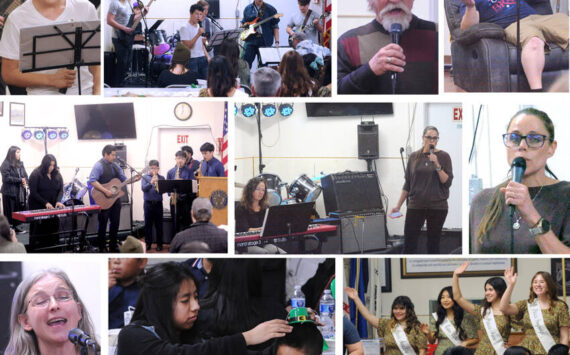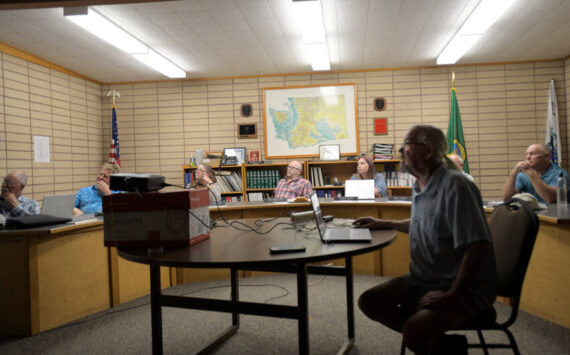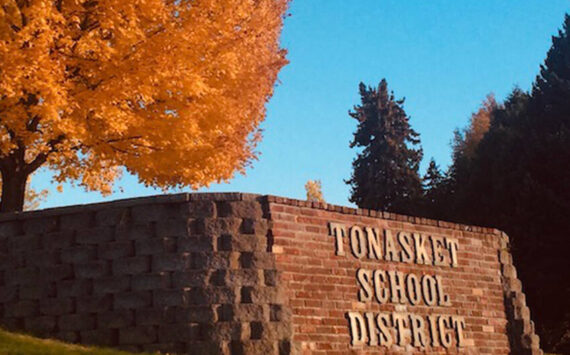OLYMPIA – The Washington State Parks and Recreation Commission approved a budget implementation plan last week that keeps all state parks, including Osoyoos Lake Veterans Memorial in Oroville, open in 2009-11, provided a new donation program tied to vehicle license tabs brings in enough revenue to operate state parks.
The donation program, created by the Legislature and signed into law by Gov. Chris Gregoire, will begin this summer when vehicle owners begin receiving annual vehicle license tab renewal notices for September renewal. The renewal notices will include an automatic $5 donation to keep state parks open, unless the vehicle owner chooses not to participate.
The Governor signed the final state operating budget at the Capitol May 19.
The Legislature created the new revenue source to keep the state from mothballing approximately 40 state parks in the face of budget reductions. The legislation creating the program specifically says that state parks will remain open in 2009-11 unless sufficient funds are not collected to keep them open.
At one point Veterans Memorial was one of about a dozen state parks considered for closure. The State Parks Department would only say they would keep the popular Oroville park open until the end of the season as they had campground reservations through September 2009. Oroville and other local government agencies told the state they were open to taking over nearby state parks slated for closure. Representatives of Oroville even traveled to Olympia to meet with legislators to indicate how serious they were about keeping open a park, which brings tourist dollars to the area each spring and summer.
In the 2009-11 operating budget, State Parks will take a reduction of $52 million in General Fund tax dollars, from $100 million General Fund in the current budget. The Legislature intends that most of this funding will be replaced by donations from the new tab renewal donation program and fuel tax revenue associated with off-road and marine recreation uses.
“The Commission appreciates the thousands of people who took time to write us and let us know how much they value their parks and want them to remain open,” said Commission Chair Eliot Scull. “Many of those people expressed their concerns to the Legislature and the Governor, who responded with this new donation program to keep state parks open. We’re pleased and grateful for that.”
In Oroville’s case, many of the letters were from families from both Washington and British Columbia that said they had utilized the park over multiple generations.
The agency still will need to make reductions to manage within the budget. These reductions include holding staff vacancies open and cutting headquarters and region staff and programs by $3.8 million; consolidation of region offices from four to three to save $1 million; reduction of non-core programs by $1.3 million; and reduction of equipment expenditures by $2 million. Because the agency will be depending more heavily than ever before on donations for basic operations, the Commission voted to maintain a larger reserve fund to ensure operation costs are covered.
The agency’s Capital Program budget for new projects is $25.5 million in state bond money, reduced by 60 percent from the current budget. The agency must cut indirect and management costs by approximately $3 million. The plan also reduces reliance on outside consultants and reorganizes the Capital Program staff in the agency’s three remaining regions.
The implementation plan also calls for a $2 fee increase for standard (tent) and utility camping, effective July 1, 2009. The camping fee increases were authorized by the Commission in August 2008, but were administratively delayed until the budget process was completed. The fee increase will apply to any new camping reservations made for arrival dates after July 1. The new range for fees will be $19 to $24 for standard sites and $25 to $33 for utility sites. Primitive sites will stay at the current range of $12 to $14. Watercraft launch fees remain at $5 to $10 (watercraft launch is included in camping fee).
The Legislature and Governor directed State Parks to continue working toward transferring parks the Commission deems appropriate for transfer to other willing and able operators. Any new operators would need to keep parks open to the public and care for them to Commission standards.
Parks that are candidates for transfer will remain open in the 2009-11 biennium, along with all other state parks, provided adequate donation revenue is collected to support operations.
At the last Oroville City Council meeting the council heard that a formal request asking Oroville to send a letter of interest in having Osoyoos Lake Veterans Memorial State Park transferred to the city.
“What were the two previous letters we sent?” asked Mayor Chuck Spieth.
Although, as Spieth indicated, the city has said it is willing to take over the park, it is still waiting on the specifics on what equipment would be included in any such transfer and a firmer accounting of the costs of operating the park. Recently new shower facilities were constructed at the campground, something park officials said they would complete before any transfer was made.
“Hopefully they will stay with their original statement of transferring a ‘turnkey’ operation,” said the mayor.
“When we met with Sen. Morton he emphasized Oroville ‘stay the course,'” said Rod Noel, Superintendent of Public Works. It will be Noel’s department, which includes the city’s existing parks, that would be responsible for maintaining the state park if it is transferred to Oroville.
Much of the Veterans Memorial was originally built and operated by Oroville’s Hodge’s Post 84 of the American Legion, before being given to the state for a state park.
